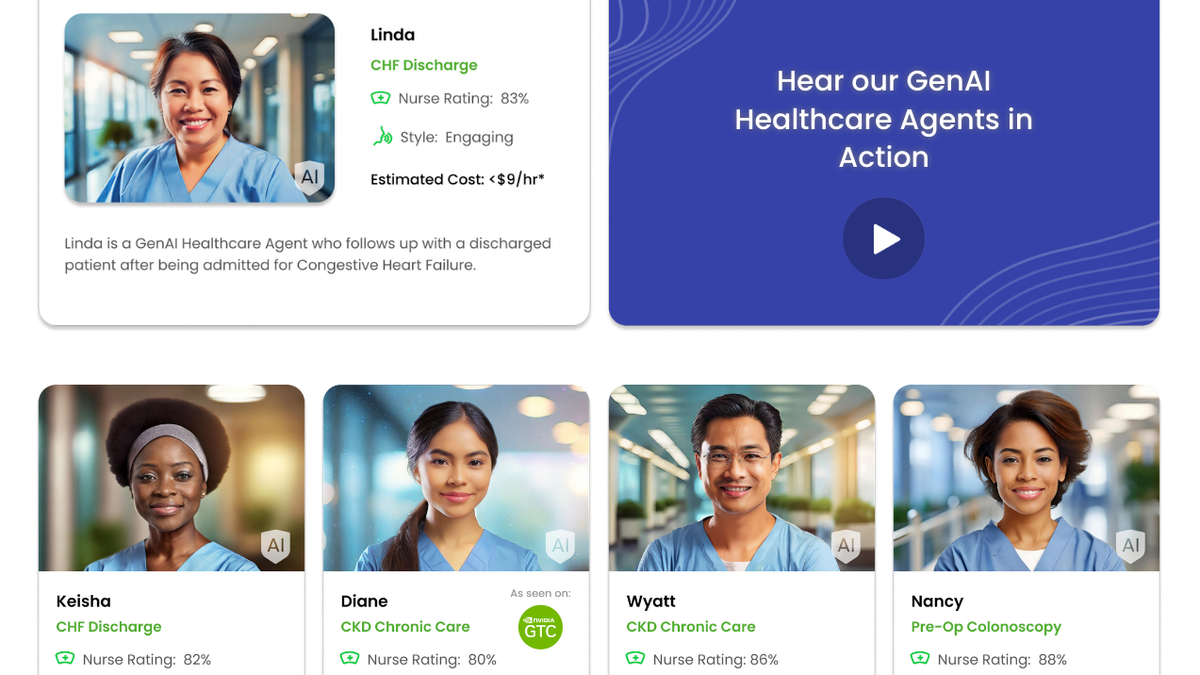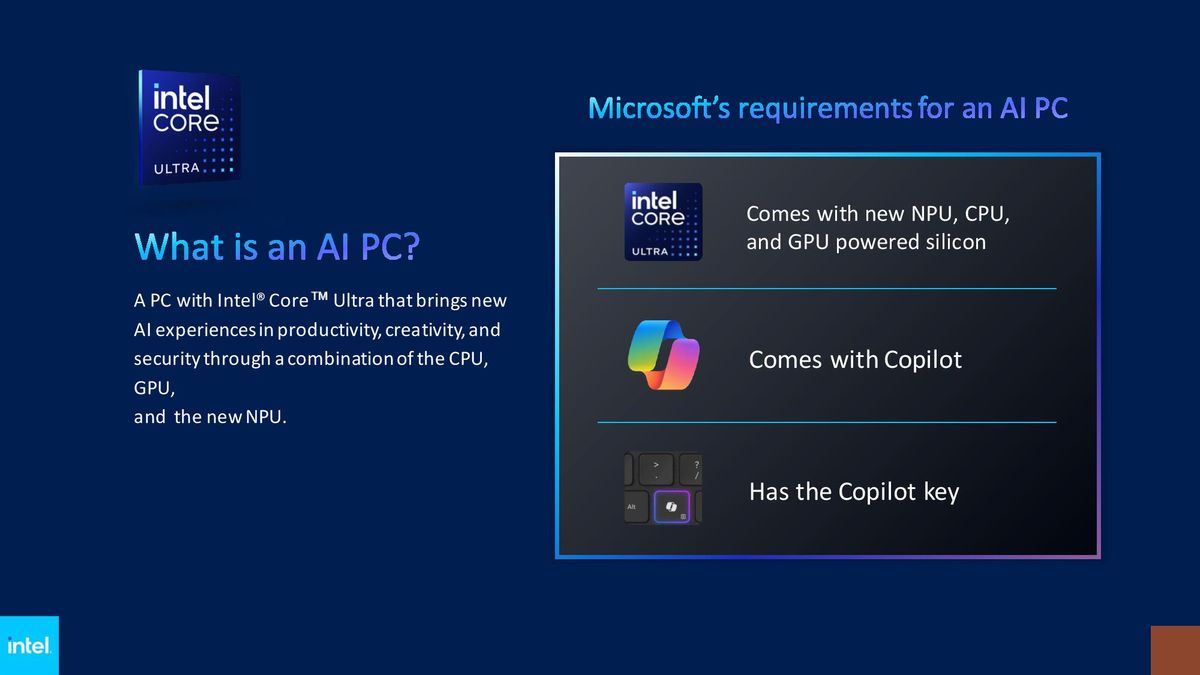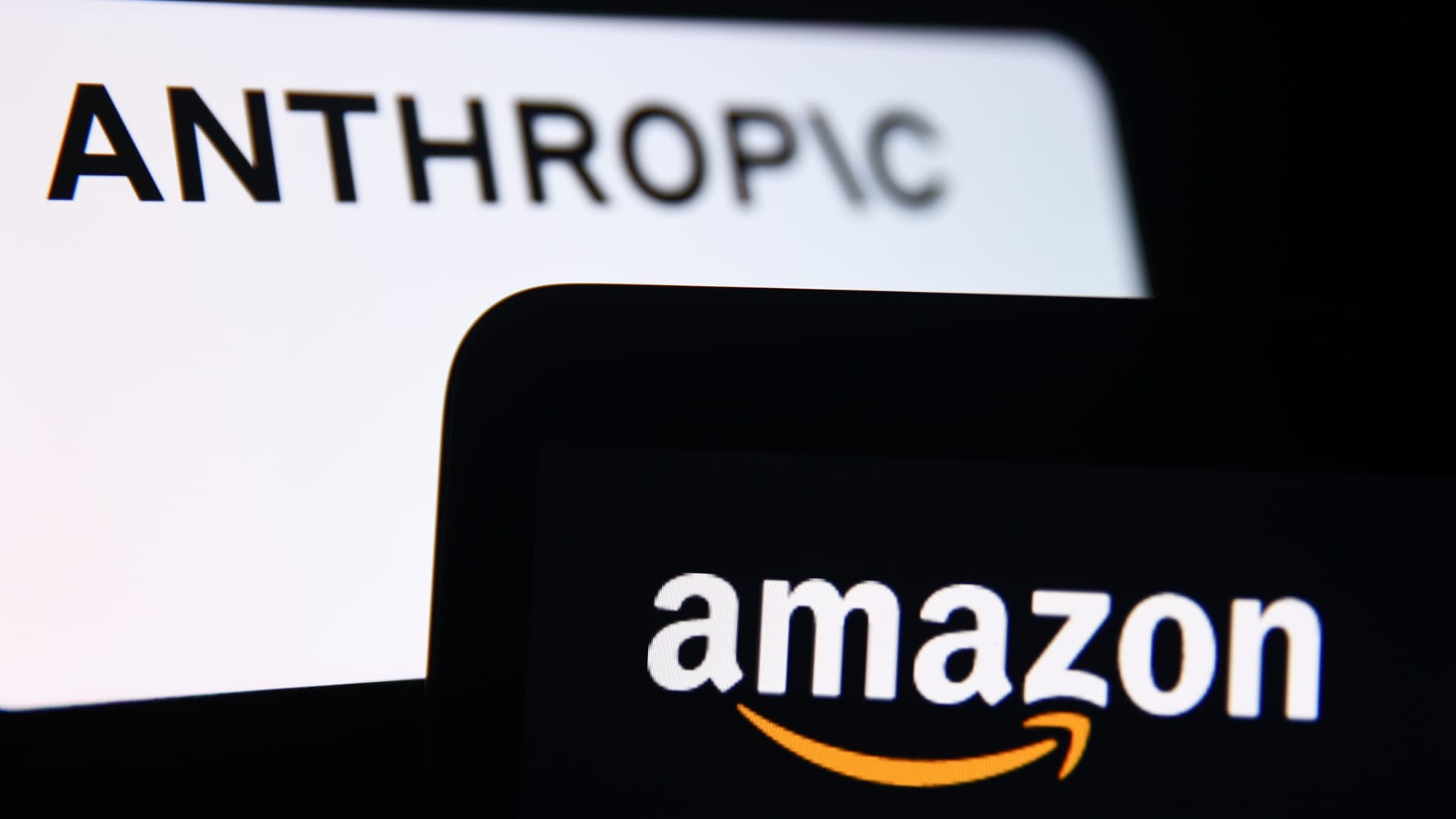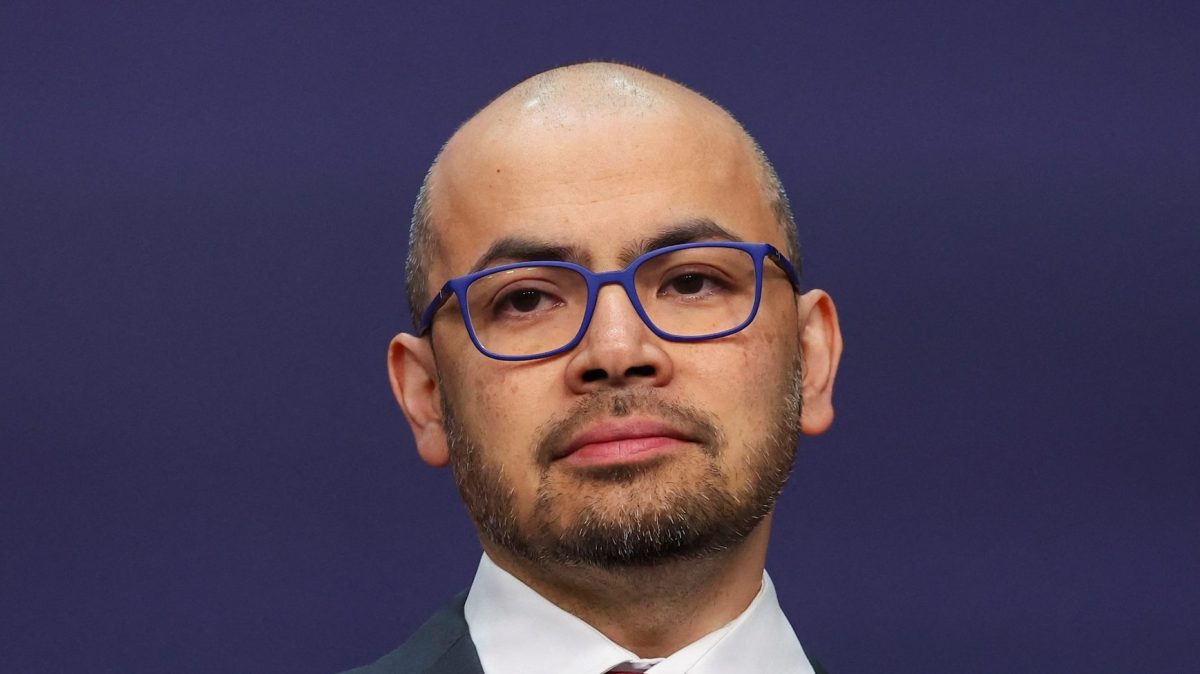- Daily Zaps
- Posts
- OpenAI Voice Cloning
OpenAI Voice Cloning
Amazon $150B Data Centers, OpenAI & Microsoft Stargate, Grok 1.5, and more
Hello everybody. Welcome to Daily Zaps.
Here’s what we got for ya today:
🗣️ OpenAI Voice Cloning
💸 Amazon Spending $150B on Data Centers for AI
🤖 Grok-1.5
⭐️ Microsoft and OpenAI Plot $100 Billion Data Center
Let’s get right into it!
STARTUPS
OpenAI Voice Cloning
OpenAI has unveiled Voice Engine, an innovative voice cloning technology capable of generating natural-sounding and emotive voices from just a 15-second audio sample. Building on its text-to-speech API developed since 2022, this technology promises various applications, from reading assistance and language translation to aiding individuals with speech impairments, as demonstrated in a pilot program with Brown University.
Despite its potential, the technology raises concerns about misuse, particularly in creating deepfakes, which is a significant worry in sensitive contexts like elections. OpenAI is working to mitigate these risks by gathering feedback from a wide range of partners, enforcing strict usage policies, and planning safeguards such as watermarking and a "no-go voice list" to prevent impersonation of prominent figures.
BIG TECH
Amazon Spending $150B on Data Centers for AI
Amazon is investing nearly $150 billion over the next 15 years to expand its data center infrastructure, aiming to support the burgeoning demand for artificial intelligence (AI) applications and digital services. Despite experiencing a slowdown in sales growth at Amazon Web Services (AWS) last year due to business customers reducing expenses, Amazon is preparing for a resurgence in spending by securing land and resources for its energy-intensive data centers.
This expansion plan, which notably exceeds public commitments from competitors like Microsoft and Google, includes enlarging server farms in northern Virginia and Oregon and entering new markets such as Mississippi, Saudi Arabia, and Malaysia.
GOVERNMENT
Chief AI Officer (CAIO): Required for All Federal Agencies
The White House is making a big move to use Artificial Intelligence (AI) safely and fairly by telling all government agencies to pick their own AI chiefs, called Chief Artificial Intelligence Officers (CAIOs). Vice President Kamala Harris shared this plan to make sure AI is used in the right way across the government. Agencies have to set up special groups to keep an eye on AI use, report every year on how they're using AI, and the government wants to hire 100 AI experts to help.
This effort builds on earlier rules for AI and aims to make sure AI is used without harm, like avoiding unfair treatment by AI systems. The government also wants to share AI tools and information with everyone, but there aren't many specific laws for AI yet. This big step is about making sure AI is used carefully and ethically, and it shows the government wants to lead by example in how AI should be handled.
STARTUPS
Grok-1.5
Grok-1.5 boasts significant improvements, especially in coding and math tasks, with notable higher scores on mathematics and programming benchmarks. Despite the challenge of predicting real-world performance based on these benchmarks, Grok-1.5's ability to process larger amounts of text—up to 128,000 tokens—promises more coherent and context-aware interactions.
BIG TECH
Microsoft and OpenAI Plot $100 Billion Stargate AI Supercomputer
Microsoft and OpenAI are planning a substantial data center project named "Stargate," aiming to host a supercomputer powered by millions of specialized server chips to advance OpenAI's artificial intelligence capabilities. This ambitious project, estimated to cost around $100 billion, showcases the extensive investment required to enhance AI computing power in the future.
Dubbed as potentially the largest among a series of installations, "Stargate" represents a significant step in a six-year collaboration plan between Microsoft and OpenAI, emphasizing the critical need for computing capacity to develop artificial general intelligence. While the project, expected to launch by 2028, is still in the planning phase and subject to change, it underscores Microsoft's commitment to fueling AI advancements, including substantial financial investments and exploring new computing and energy solutions to meet the immense power demands of future AI technologies.
In case you’re interested — we’ve got hundreds of cool AI tools listed over at the Daily Zaps Tool Hub.
If you have any cool tools to share, feel free to submit them or get in touch with us by replying to this email.
🗞 Other tech tidbits
🗣️ Feedback
How much did you enjoy this email? |












